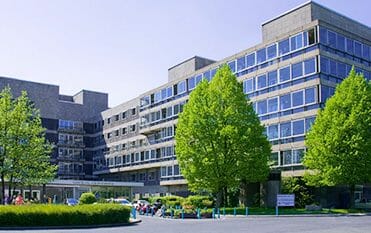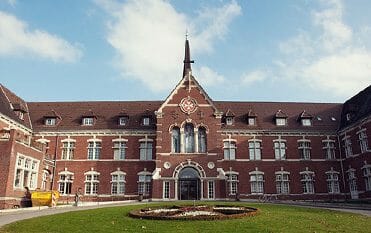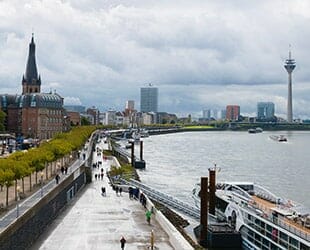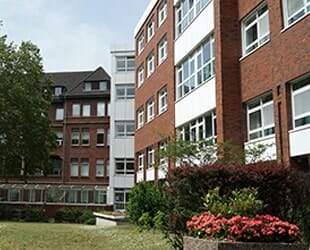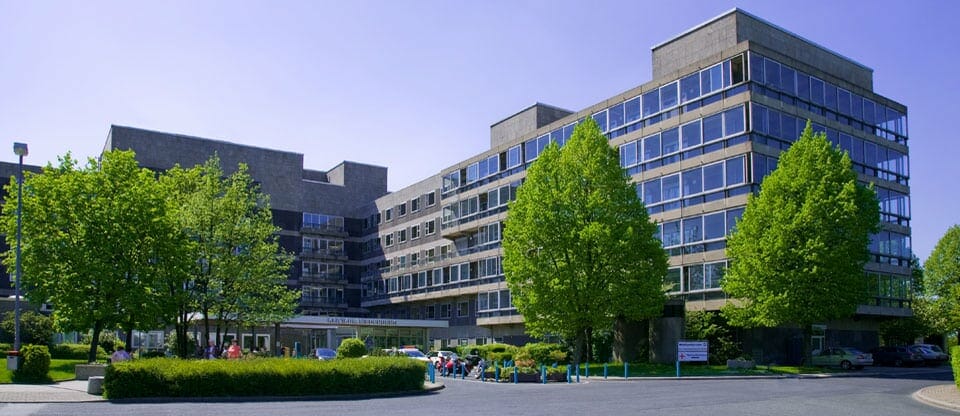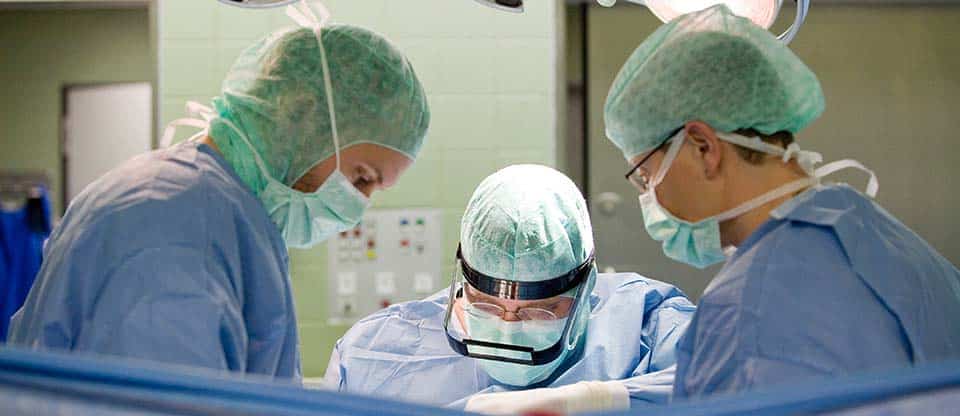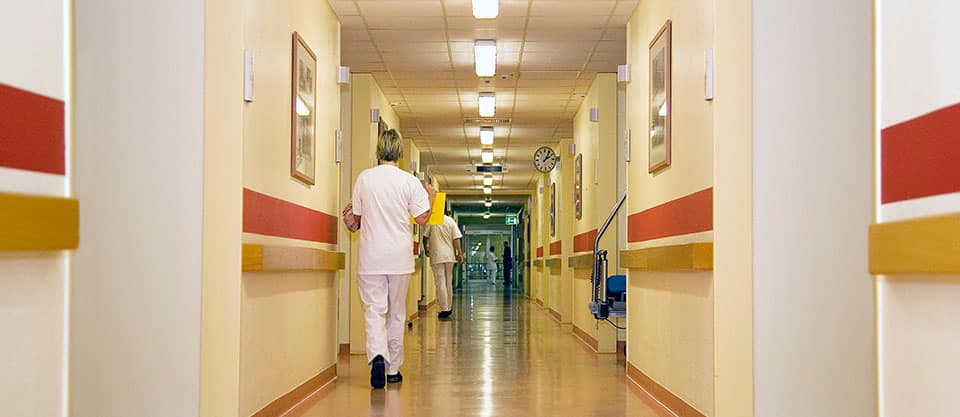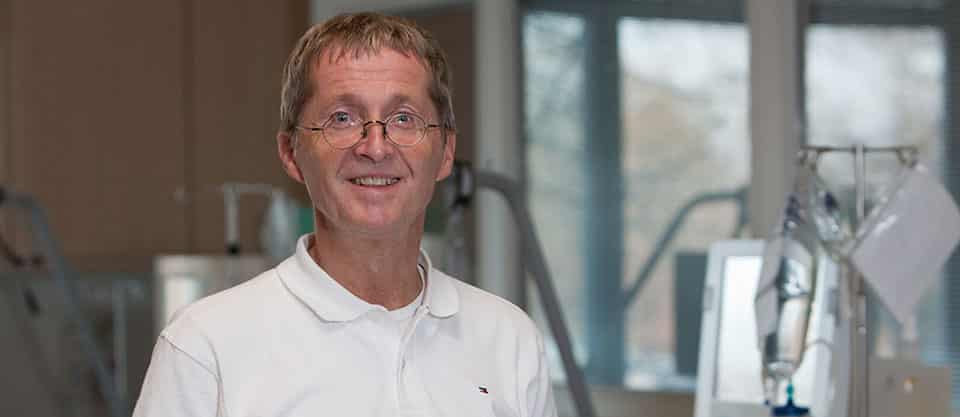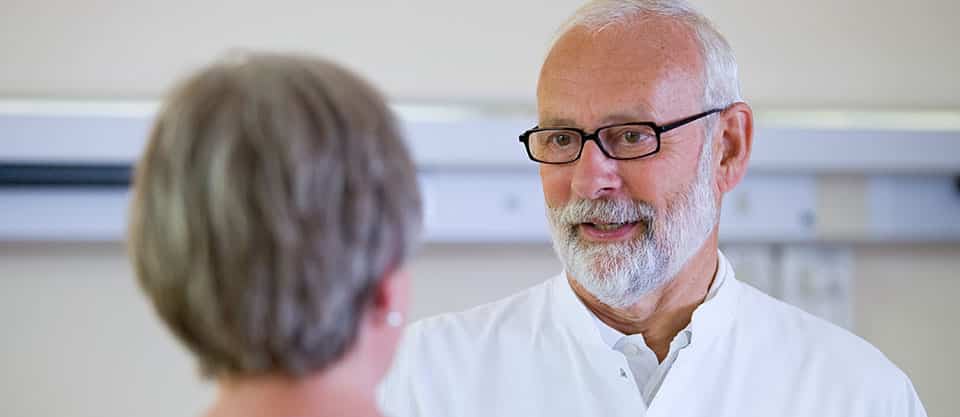The causes of testicular cancer are still not fully understood. But there are certain factors that contribute to its occurrence. For example, men who have a high testicular position or had it in childhood have an increased risk of the disease. Men who have or have had testicular cancer have an increased risk that a healthy testicle on the opposite side will later develop a tumor as well. The hereditary factor also obviously plays a role, so the sons or brothers of the sick person have an increased risk of developing testicular cancer.
Risk factor: high standing of the testicle
It is well established that testicular prominence is a risk factor for testicular cancer. The high standing of the testicle means that the testicle during the development of the embryo did not descend as usual into the scrotum. If there is an abnormal location of the testicle, such as in the abdomen, inguinal canal, or a sliding testicle, then the risk of developing cancer in the future in the area of \u200b\u200bthe undescended testicle or another descended testicle is increased 10 times. The increased risk remains even if corrective surgery was performed in childhood. However, existing testicular malposition requires early surgical intervention, preferably in the first two years of life, to better palpate the testicles and to preserve fertility. If correction has not been performed in childhood, it is recommended that the non-palpable testis be removed in adulthood due to safety concerns.
Risk factor: heredity
The genetic predisposition to develop testicular cancer can obviously be inherited. The risk of getting sick is higher if the brother has the disease than if the man is the son of a patient with a testicular tumor, indicating an X-chromosomal association.
Video
Request appointment
Useful links




